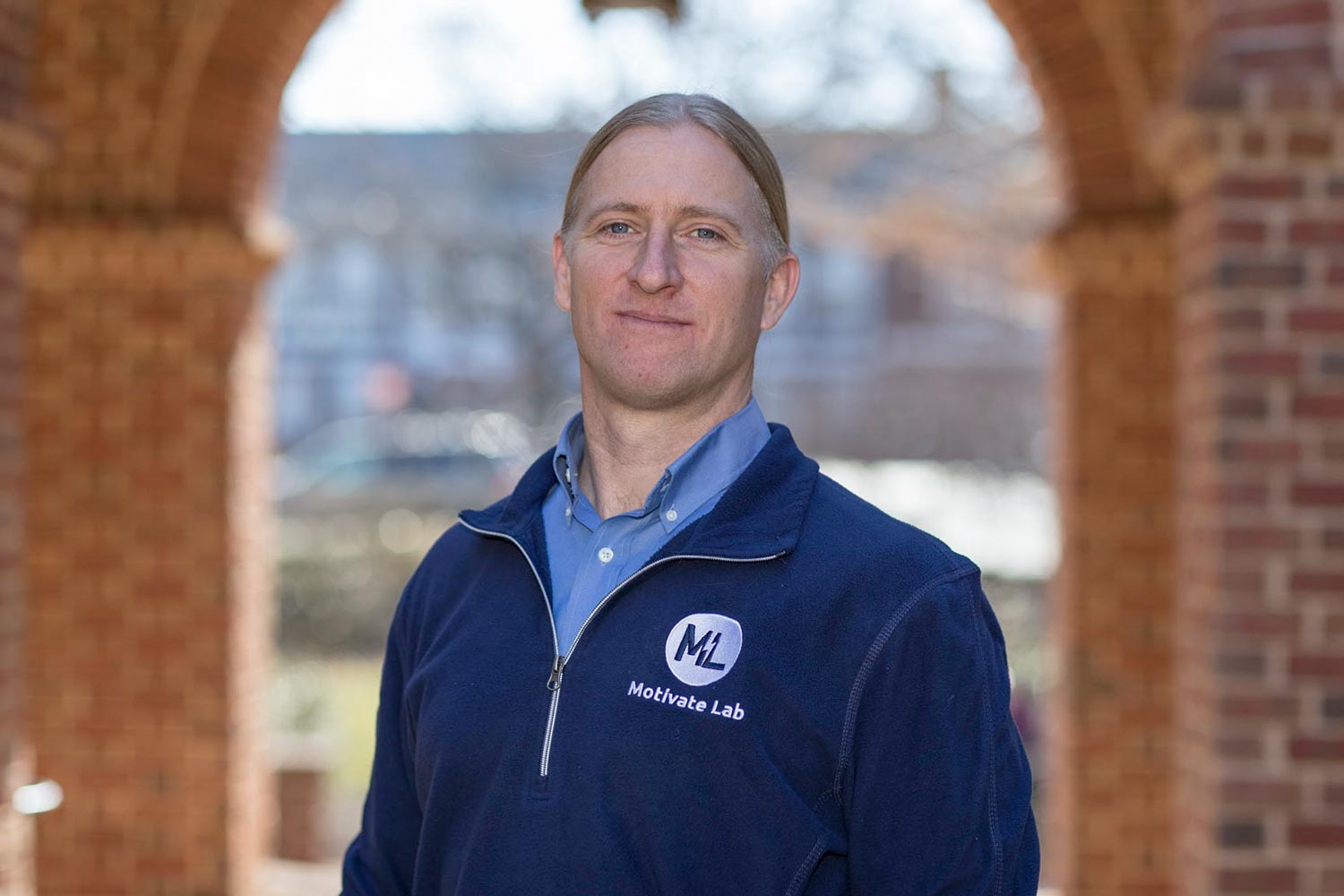Do your children come home from school frustrated because they don’t care about what they are learning in geometry class? Are their grades failing because they can’t see how the subject could possibly apply to them and their lives?
That is a problem the University of Virginia is addressing through the Motivate Lab, which is doing innovative work to help teachers and students surmount this perpetual problem in education.
The technique that the lab champions arose from a research project that had its roots in a required general education course at a middle-sized university in Virginia. Despite his best efforts, the psychology professor leading the course was having trouble reaching some of his students. The interest just wasn’t there.
Motivate Lab’s director, Chris Hulleman, an associate professor in UVA’s Curry School of Education, had an idea. Why not help students make a connection between what they were learning in class and what was going on in their lives, to help students find personal value in their studies?
Hulleman’s team created an intervention. Some of the students were randomly selected to respond to online prompts which asked what topics they were studying and how those might relate to their lives. To finish, they wrote a personal essay based on that personal connection.
“What we found was that this intervention, which took about 30 minutes over the course of a 15-week semester, boosted by half a letter grade the final grade for students who performed below-average on the first exam,” Hulleman said.
The course covered everything from memory strategies to schizophrenia and emotions. In the memory unit, students studied different memory techniques; those in the intervention group wrote about how they could use the techniques to prepare for their next chemistry exam, for example.

In 2015, Chris Hulleman helped found UVA’s Motivation Lab, which teams with teachers, school systems and government agencies to help address their biggest challenges. (Photo by Dan Addison, University Communications)
“When they were on the unit on mental disorders like schizophrenia and depression, they would write about ‘You know, my grandmother suffers from depression and this really helps me to understand what she’s going through and I feel like I can connect better to my grandmother now,’” Hulleman said.
That study occurred in 2011 and the results were published last year in the Journal of Educational Psychology.
Fast-forward to this month in Manhattan, where Hulleman sat with 30 public middle and high school teachers who were talking about how they were using the Motivate Lab’s connections activity to help their students find value in their studies.
The idea is this: Instead of lecturing students about how geometry will help them calculate the surface area of their living room walls so they can redecorate their houses in 20 years, Hulleman coaches teachers to “step back and say ‘How many of your students in seventh grade really care about redecorating a house?’”
Instead, the teachers are coached to ask their students questions about what interests them, and then help them make connections with geometry.

“For Sally May, it could be basketball,” he said. “For Jimmy John, maybe I need to come up with something else to meet his interests.
“So it’s not a big change. Usually they are small changes. The nice thing about that is there is a greater chance that a small change is going to get implemented.”
To Hulleman, who has been involved in these workshops for the last three years at the invitation of the New York City Department of Education, the face-to-face meetings between researcher and practitioner are an excellent way to translate research into practice.
As a former teacher, he knows how hard teachers work and that, while they know research is being done, they don’t really have the time to track it down.
“And when you are a researcher you think, ‘Oh yeah, I’m doing my work. I publish it in my journals. That’s disseminating,’” Hulleman said. “But it’s not. It’s not even close. So how do we bridge that gap? How do we get teachers and researchers sitting at the same table? This really does that.”
Media Contact
Article Information
January 30, 2018
/content/live-and-learn-finding-answer-when-am-i-ever-going-use-stuff

